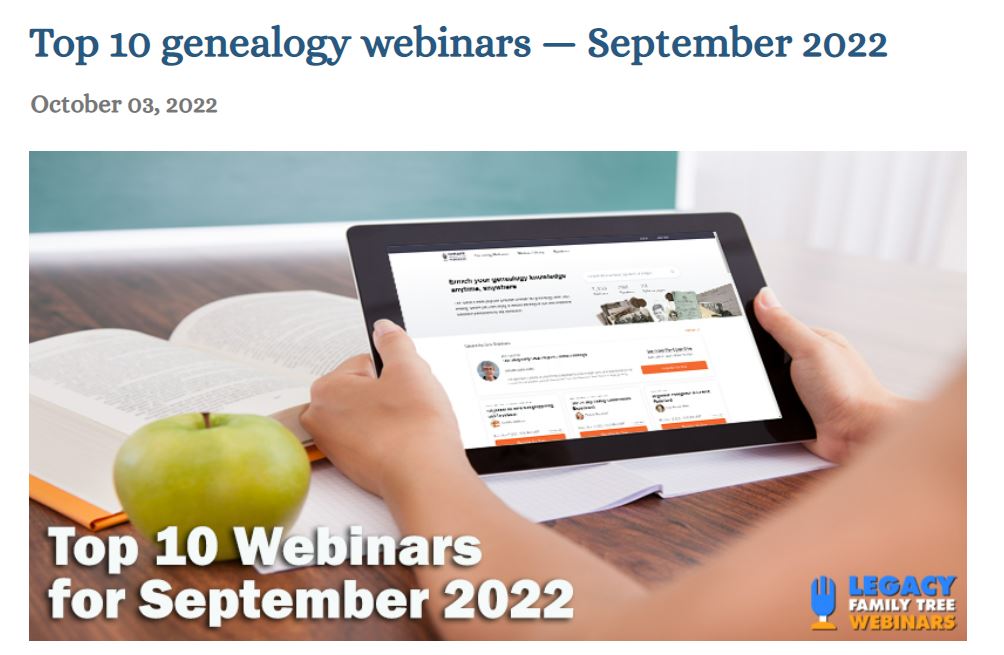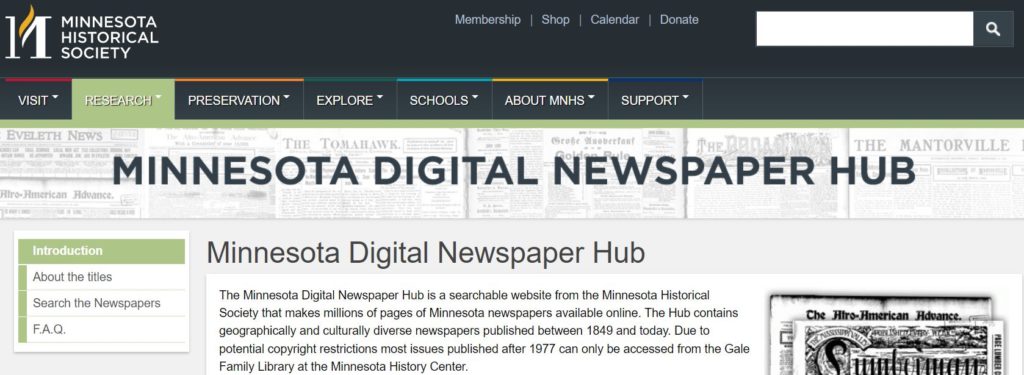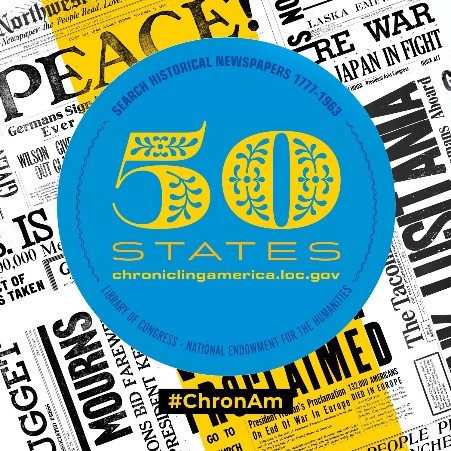Searching for historical, cultural, and genealogical organizations in Minnesota
Looking for a county historical organization in Minnesota? How about a genealogical society in your ancestral areas? It’s easy to do a search for keyword phrases such as St. Louis County Historical Society and be directed to the website. Did you know about the Eveleth Heritage Committee or the Virginia Area Historical Society in the same county? Try a search for the Fillmore County Historical Center and maybe find a link for the Fillmore County History Center. Not all county level historical societies have historical society as part of their title. In Fillmore County, you may need to check out the Harmony Area Historical Society or the Preston Historical Society.
Searching for the name of a county genealogical society may not yield what you need. Many involve areas and not just one county and their names may not pop up in searches.
The Minnesota Historical Society to the rescue with these lists of titles, addresses, emails, and websites. Check the websites to be sure each has the type of material genealogists generally seek. Some are only museums and others are more closely related to area preservation efforts.
- County Historical Societies, Chapters, and Local Organizations: Includes county, city, area, and community historical organizations.
- Statewide/Topical Historical Organizations in Minnesota: Includes Native American, Military, Baseball, and genealogical organizations. These include the Iron Range Research Center, Jewish Historical Society of the Upper Midwest, Minnesota Streetcar Museum, St. Cloud Area Genealogists, Prairieland Genealogical Society, Lower Sioux Agency Interpretive Center, Minnkota Genealogical Society, and many other cool organizations.
The Minnesota Genealogical Society has a resource list of organizations and some have a description of the research materials held.


 holdout states in the National Newspaper Project/Digital Newspaper Project in recent years. It now covers all 50 states+! “The success of the program over the past 18 years has extended the collection scope to the current date range of 1777-1963, to include any language published in the United States, and to include newspapers published in all 50 states, the District of Columbia, Puerto Rico, and the US Virgin Islands.”
holdout states in the National Newspaper Project/Digital Newspaper Project in recent years. It now covers all 50 states+! “The success of the program over the past 18 years has extended the collection scope to the current date range of 1777-1963, to include any language published in the United States, and to include newspapers published in all 50 states, the District of Columbia, Puerto Rico, and the US Virgin Islands.”